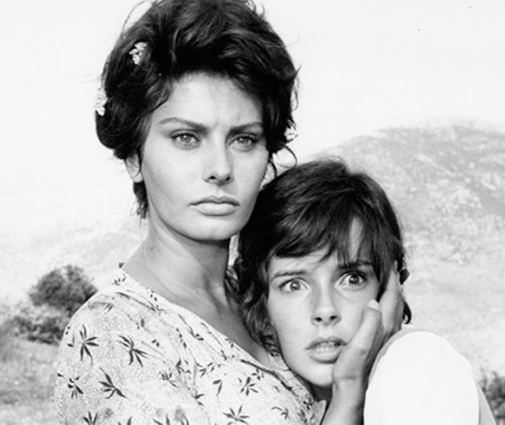
Sophia Loren in La Ciociara: Una Donna, Un’Oscar, Un Capolavoro
Sophia Loren in La Ciociara: A Woman, An Oscar, A Masterpiece
Sophia Loren in La Ciociara: Un Trionfo di Talento ed Emozione
Sophia Loren in La Ciociara: A Triumph of Talent and Emotion
Recentemente, ho organizzato un festival cinematografico dedicato a Sophia Loren a casa mia, iniziando con uno dei miei preferiti in assoluto: La Ciociara.
Recently, I hosted a Sophia Loren film festival at home, kicking off with one of my all-time favorites: La Ciociara (Two Women).
Diretto dal leggendario Vittorio De Sica, questo film ha segnato un momento cruciale nella carriera di Sophia. Interpreta Cesira, una coraggiosa vedova determinata a proteggere la sua figlia tredicenne, Rosetta, dalle devastanti realtà della guerra durante l’invasione alleata in Italia. La sua interpretazione profondamente toccante le è valsa l’Oscar come Miglior Attrice nel 1962, diventando la prima a ricevere questo riconoscimento per una performance in una lingua straniera.
Directed by the legendary Vittorio De Sica, this film marked a pivotal moment in Sophia’s career. She takes on the role of Cesira, a courageous widow determined to protect her 13-year-old daughter, Rosetta, from the devastating realities of war during the Allied invasion of Italy. Her deeply moving performance earned her the Academy Award for Best Actress in 1962, making history as the first Oscar awarded for a performance in a foreign-language film.
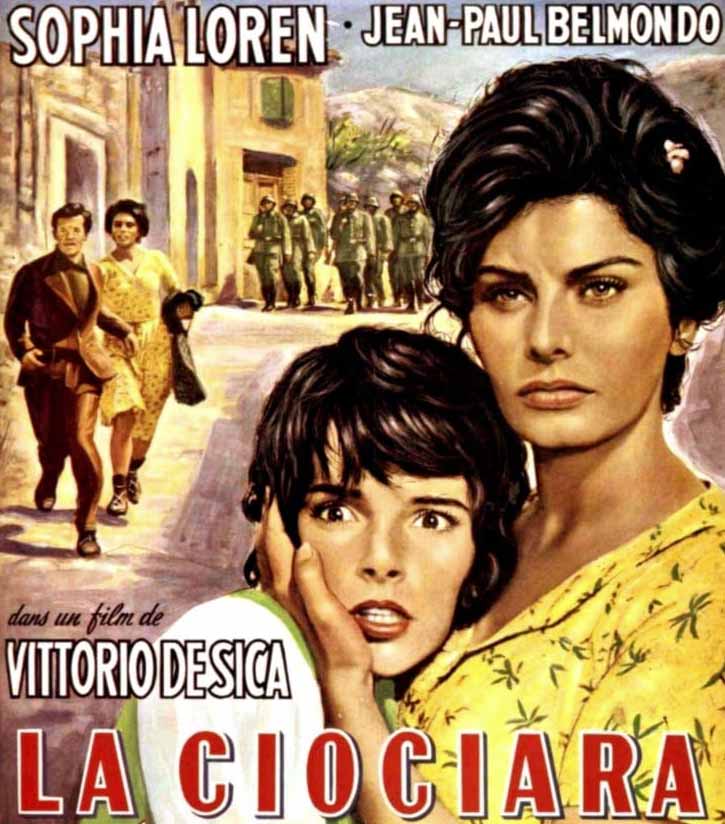
Sophia è semplicemente straordinaria in questo ruolo, incarnando senza sforzo un vasto spettro di emozioni: orgoglio, disperazione, paura, passione, rabbia, gioia, dolore e, soprattutto, amore incondizionato. Ogni sguardo, ogni gesto, ogni parola risulta autentico, come se Sophia non stesse semplicemente recitando ma vivendo nei panni di Cesira—una donna che combatte con tutte le sue forze per preservare la propria dignità e umanità di fronte a difficoltà inimmaginabili.
Sophia is nothing short of extraordinary in this role, seamlessly embodying a vast spectrum of emotions: pride, desperation, fear, passion, anger, joy, sorrow, and above all, unconditional love. Every glance, every gesture, every word feels authentic, as if Sophia isn’t merely acting but living as Cesira—a woman fiercely fighting to preserve her dignity and humanity in the face of unimaginable hardship.
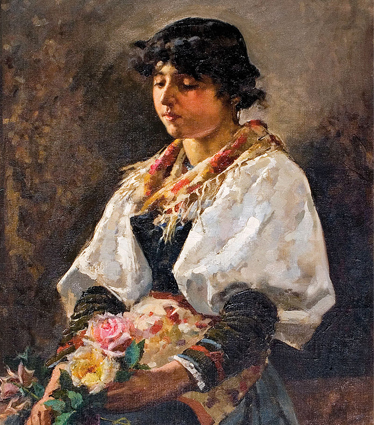
Cosa Significa Ciociaria?
What Does Ciociaria Mean?
Il film italiano La Ciociara è spesso tradotto in inglese come Two Women. Tuttavia, questa traduzione è un po’ fuorviante e non coglie l’essenza del titolo originale. La Ciociara significa “la donna della Ciociaria.”
The Italian film La Ciociara is often translated into English as Two Women. However, this translation is somewhat misleading and fails to capture the essence of the original title. La Ciociara means “the woman from Ciociaria.”
La Ciociaria si riferisce a una regione dell’Italia centrale, situata nella Provincia di Roma. Il nome deriva dalle calzature tradizionali un tempo indossate dagli abitanti della zona, chiamate “le ciocie.” Sebbene questi sandali non facciano più parte della vita quotidiana, rimangono un simbolo culturale del patrimonio della regione.
Ciociaria refers to a region in central Italy, located in the Province of Rome. The name originates from the traditional footwear once worn by the area’s inhabitants, known as “le ciocie.” While these sandals are no longer part of everyday life, they remain a cultural symbol of the region’s heritage.
Nel film, il titolo si riferisce specificamente a Cesira, la protagonista, una donna plasmata dalla forza e dalla resilienza delle sue radici in Ciociaria. Questo legame con la sua terra d’origine è un aspetto fondamentale della sua identità e sottolinea i temi più profondi del film.
In the film, the title specifically refers to Cesira, the central character, a woman shaped by the strength and resilience of her roots in Ciociaria. This connection to her homeland is a crucial aspect of her identity and underscores the film’s deeper themes.
Una Bellezza Vera e un’Interpretazione Senza Vanità
Earthy Beauty and a Vanity-Free Performance
Sebbene in questo film Sophia Loren interpreti un personaggio più umile, non può evitare di emanare una naturale sensualità. Nonostante le calze consunte e gli abiti semplici, è impossibile non esclamare: Che donna straordinaria, dentro e fuori!
Even though Sophia Loren plays a humbler character in this film, she can’t help but exude natural sensuality. Despite her worn stockings and simple clothes, you can’t help but exclaim, What an extraordinary woman, inside and out!
Film Trailer — La Ciociara with Sophia Loren
La Storia di Cesira e Rosetta
The Story of Cesira and Rosetta
La trama è semplice ma potente. Dopo essere fuggita da Roma a causa dei bombardamenti, Cesira torna al suo villaggio natale per proteggere la figlia dagli orrori della guerra. Ma nonostante i suoi sforzi, nulla può salvare madre e figlia dai traumi della guerra.
The story is simple but powerful. After fleeing Rome due to bombings, Cesira returns to her native village to shield her daughter from the horrors of war. Yet despite her efforts, nothing can save mother and daughter from the trauma of war.
Nel finale, Cesira culla la figlia addormentata, sperando che Rosetta si risvegli in un mondo migliore. Questo momento simbolico ci ricorda che, nonostante tutto, l’amore e il legame tra madre e figlia sono indistruttibili.
In the final scene, Cesira cradles her sleeping daughter, hoping Rosetta will awaken in a better world. This symbolic moment reminds us that, despite everything, the love and bond between mother and daughter are unbreakable.
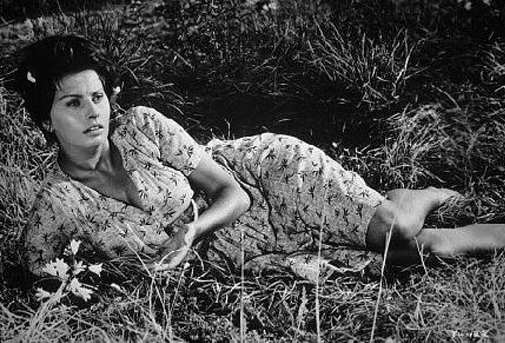
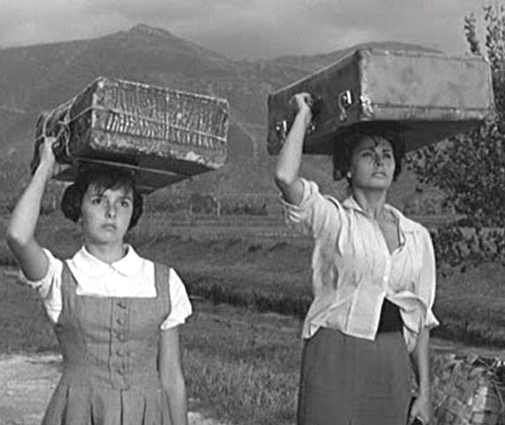
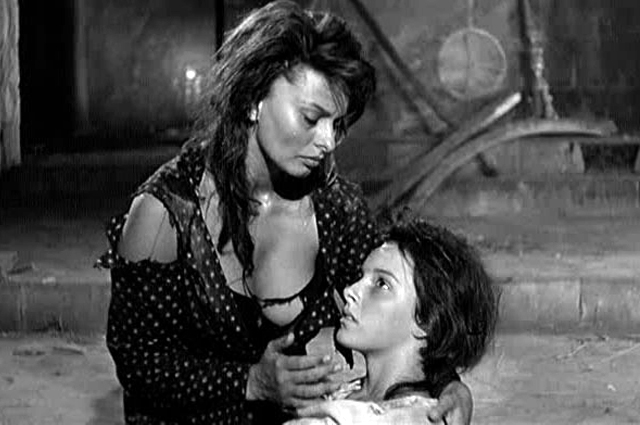
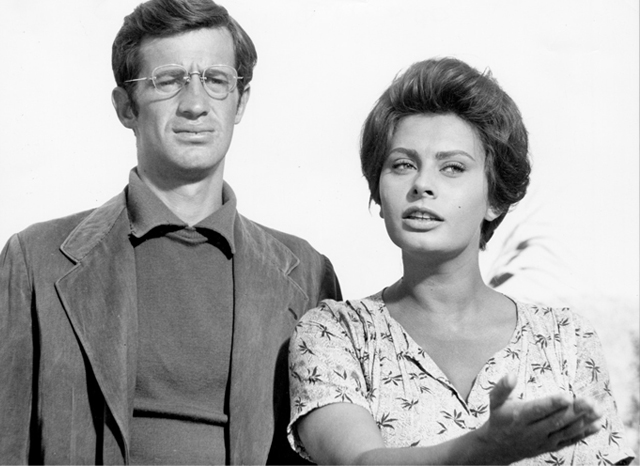

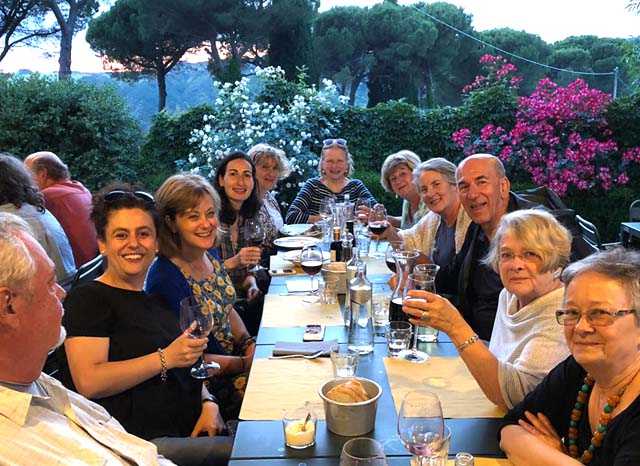
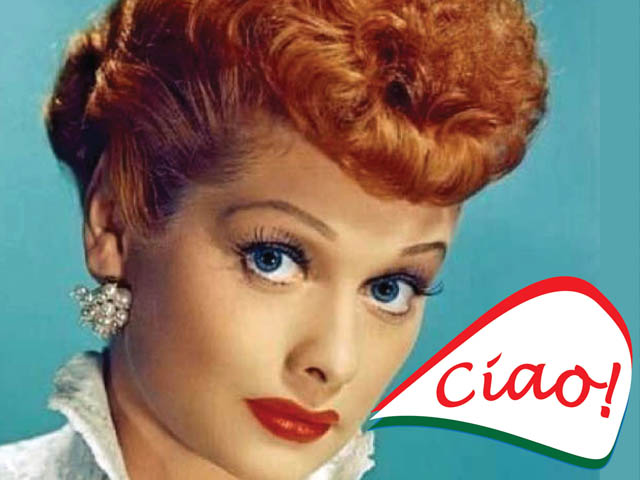

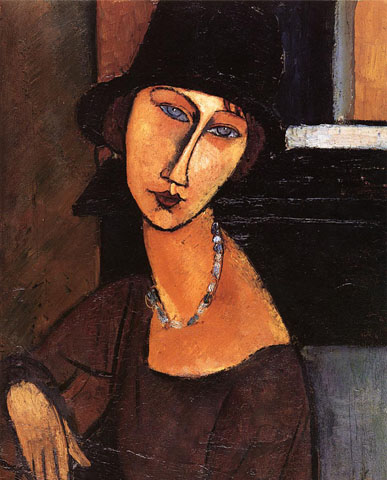






Grazie per l’informazione! Voglio dirti di un libro che e’ molto interessante. Il titolo e’ “In Altre Parole.” L’autrice e’ Jumpa Lahiri. E’ un libro in italiano e inglese, fianco a fianco. Anche, e’ un libro che celebra l’esperienza di imparare italiano.